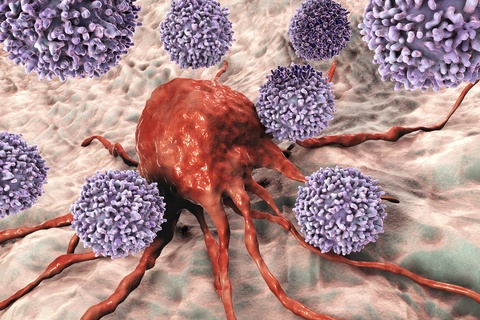Cost Comparison of Immunotherapy vs. Traditional Chemotherapy in Mesothelioma
A new study does a cost comparison of immunotherapy over traditional chemotherapy. Immunotherapy and chemotherapy are common in the first-line treatment of malignant pleural mesothelioma. The news came from Therapeutic Advances in Medical Oncology. Traditional Chemotherapy In 2004, the FDA approved pemetrexed for the treatment of malignant pleural mesothelioma. Pemetrexed is often taken together with cisplatin. It is for patients whose disease is either inoperable or who are not candidates for surgery. Pemetrexed + cisplatin/carboplatin are chemotherapy drugs. Chemotherapy is a group of toxic drugs that kill cells by damaging their DNA. They target both cancerous and healthy cells. Patients with this chemo regimen also take folic acid and vitamin B12 supplements. This helps to reduce side effects from the…









